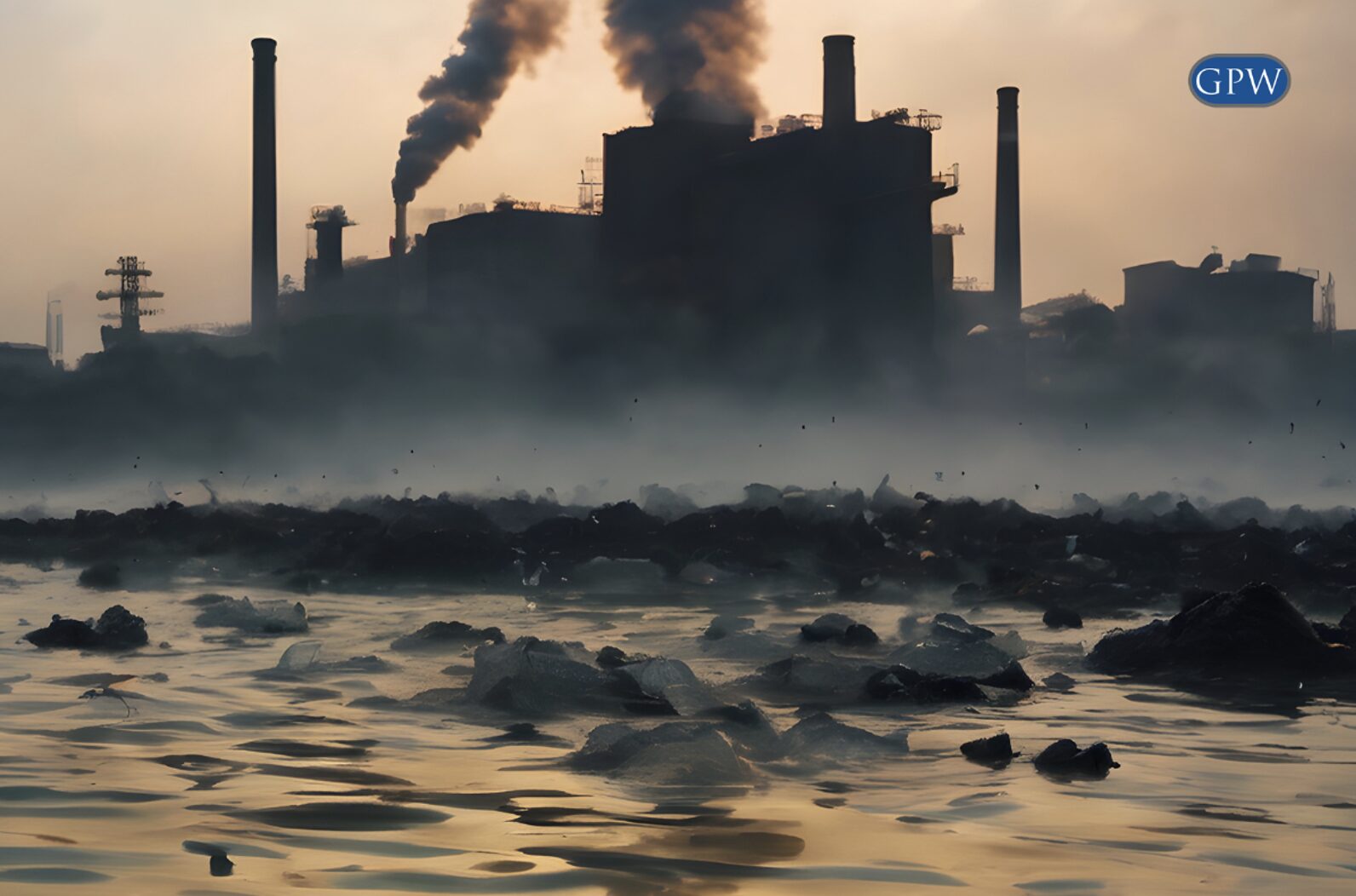East Palestine, Ohio Train Derailment
On February 3, 50 Norfolk Southern train cars came off the track in East Palestine, Ohio due to a rail car axle having a mechanical issue. Eleven of the cars had harmful chemicals including butyl acrylate and vinyl chloride. Authorities believed the chemicals could create a large explosion, so a “controlled release” was performed, where the vinyl chloride was diverted to a trench and burned, releasing a massive plume of black smoke. Residents were evacuated before this happened. After the controlled burn, the air quality was checked before letting residents go home. Residents reported a chlorine smell and smoke in the area and have been experiencing headaches from the chemicals. Although air samples did not show any worrisome contaminant levels, people living outside the evacuation zone in East Palestine and Beaver County, PA were told to stay indoors.
There were around eleven rail cars that were carrying harmful substances. Among the chemicals released into air, surface water, and surface soils were vinyl chloride, butyl acrylate, ethylhexyl acrylate, and ethylene glycol monobutyl ethers. The EPA could not find any concerning levels of the chemicals, even though there were odors present. Around seven and a half miles of stream were contaminated from the chemicals, leading to around 3,500 fish dying. Due to the water contamination, residents were urged to use bottled water for safety.
The most concerning chemical released from the wreck was vinyl chloride. It is a known carcinogen used in the making of polyvinyl chloride (PVC) used for pipes, wire, furniture, credit cards, car parts, and cable coatings. Long-term exposure can cause liver damage or liver cancer, brain and lung cancers, lymphoma, and leukemia. Short term exposure to the chemical can cause drowsiness, loss of coordination, disorientation, nausea, headache, or burning and tingling. Butyl acrylate was also released. It is used for fiber processing agents, adhesives, coatings, plastics, acrylic rubber, and emulsions. Short term effects of exposure can be burning of the skin and eyes while inhaling it can irritate the nose, throat, and lungs leading to wheezing, coughing, and shortness of breath. It can also cause behavioral effects and problems with the nervous system. Ethylhexyl acrylate is an irritant of the skin, throat, and eyes. If ingested, it can cause abdominal pain, diarrhea, nausea, and vomiting. There is no evidence of the chemical having carcinogenic effects. Ethylene glycol monobutyl ether, another chemical spilled, can cause coughing, dizziness, drowsiness, headache, nausea, and weakness. It also affects the central nervous system, blood, kidneys, and liver.
The burning of vinyl chloride released chemicals in addition to the ones stated above. When vinyl chloride burns, phosgene and hydrogen chloride are released into the air. Phosgene is a highly toxic gas that causes breathing trouble. It was notably used as a weapon in World War I as a choking agent and was responsible for a large majority of deaths. It can cause coughing, burning of the throat and eyes, blurred vision, difficulty breathing, nausea and vomiting, lesions from skin contact, watery eyes, and fluid in the lungs from high concentrations. Hydrogen chloride is a yellowish gas that has a strong odor. It causes skin, eye, nose, and throat irritation.
Exposure to vinyl chloride and other chemicals like asbestos and benzene can lead to cancers like mesothelioma, lung cancer, acute myeloid leukemia, brain cancer, lymphoma, and liver cancer. Many people were unknowingly exposed to these chemicals, leading to a cancer diagnosis later in life. If you think this could be the case for you, contact us today to see if you could be entitled to compensation. Call 412-471-3980 or fill out our contact form to speak with a member of our team. We will do whatever we can to get you the compensation you deserve.




